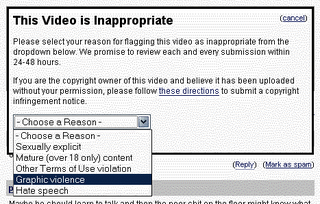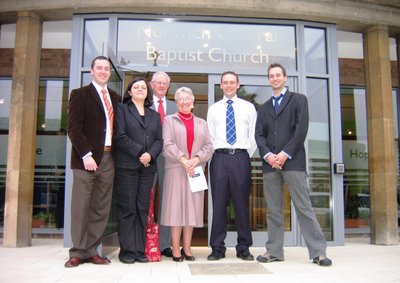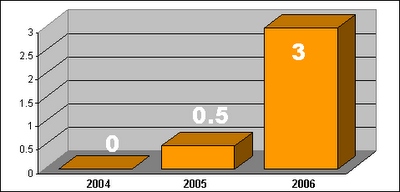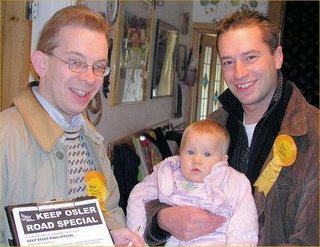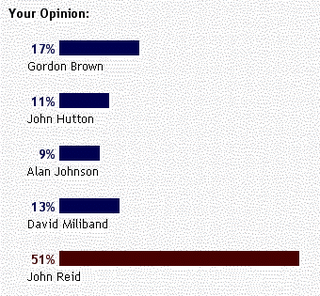Let's play spot the difference:
"Leo and I are the past. You’re the future. It’s up to you now. We’re counting on you."
(President Bartlet in The West Wing, broadcast 16th April, 2006.)
"So: it's up to you. You take my advice. You don't take it. Your choice. … You're the future now. Make the most of it."
(Tony Blair's speech to the Labour Party conference, 27th September, 2006.)

